New YouGov poll reveals new findings about Australia Day date change and republic row
Calls to change Australia Day, the flag, anthem, and the idea of becoming a republic are loud and constant. Now, a new poll has revealed what we want and don’t want changed.
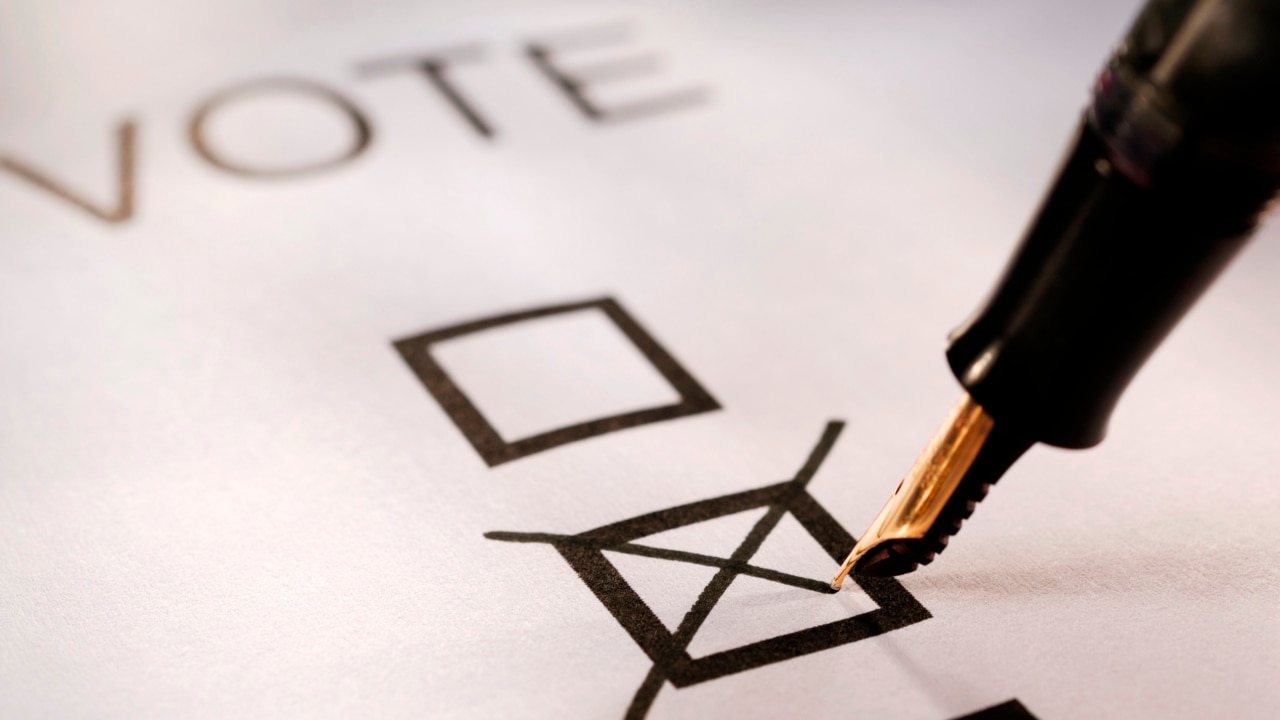
National
Don't miss out on the headlines from National. Followed categories will be added to My News.
Aussies are in no rush to change the date of our national celebration, the look of our flag, the choice of our anthem, or our system of government, exclusive new polling by YouGov has revealed.
But if you’re sick of hearing about those issues, tough luck – the number of people wanting change in those areas is substantial, and in some cases growing.
The data suggests these issues are not likely to reach boiling point any time soon, but they’re not going to go off the boil, either.
YouGov surveyed 2297 people across the country between December 27 and January 10 on a wide range of issues, exclusively for News Corp. Forty-six per cent of survey respondents said they were keen for the country to become a republic, either now or once the Queen dies, and 35 per cent said our national day of celebration should be shifted from January 26 out of respect for indigenous Australians.
Views on changing the flag and the anthem were mixed.
A clear majority (59 per cent) said the flag should stay the same, but only 41 per cent of respondents voted for Advance Australia Fair out of a list of possible national anthems. The only really plausible contender to replace it, I Am Australian, was selected by only one in three people surveyed.
“There just doesn’t seem to be the appetite for these dramatic changes,” said Campbell White, YouGov’s Head of Public Affairs and Polling. “Only 35 per cent want Australia Day to be shifted, so basically for somebody wanting to make that case, there’s a 20 point gap there to be overcome, and that’s a lot.”
Some have suggested the ‘Change the Date’ cause is not straightforward, because there are differing views on the issue among indigenous Australians, and there is no organisation lobbying for the change.
But in some ways that makes the support the cause is receiving all the more remarkable.

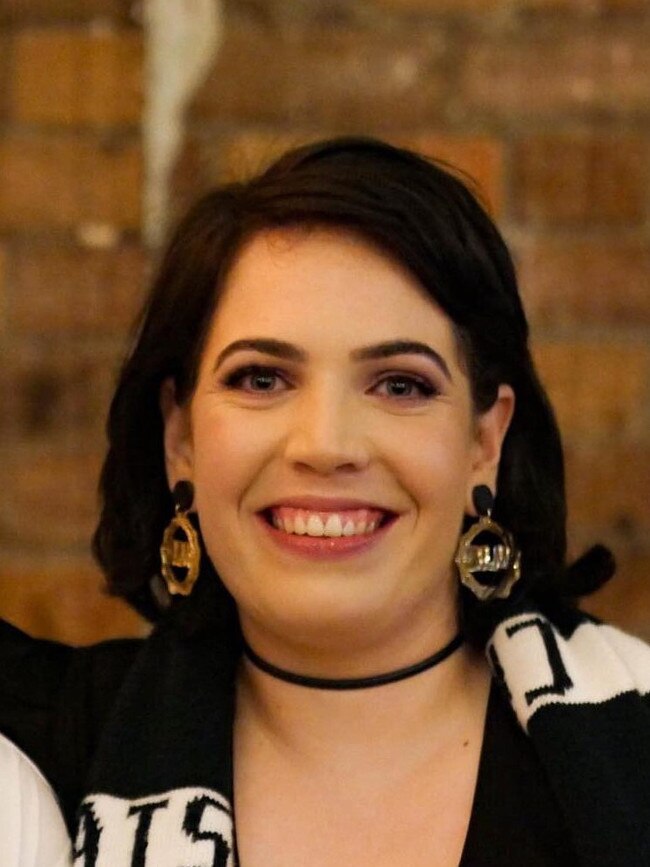
The YouGov data reveals support for changing the date is strongest in Victoria (44 per cent of respondents) and among younger Australians. Forty-six per cent of Millennials (born 1986-1997) say the date should be moved, and among Generation Z (those born after 1997) the figure was 49 per cent.
While the hefty support among younger voters might make it seem change is inevitable, Mr White said Baby Boomers and Generation X had both become more conservative as they got older, and the same could end up happening to Millennials and Generation Z.
Amnesty International indigenous Rights Campaigner Maggie Munn said Australia Day had only officially been celebrated on January 26 since 1994, “so the argument that some longstanding tradition is lost by moving it doesn’t hold.”
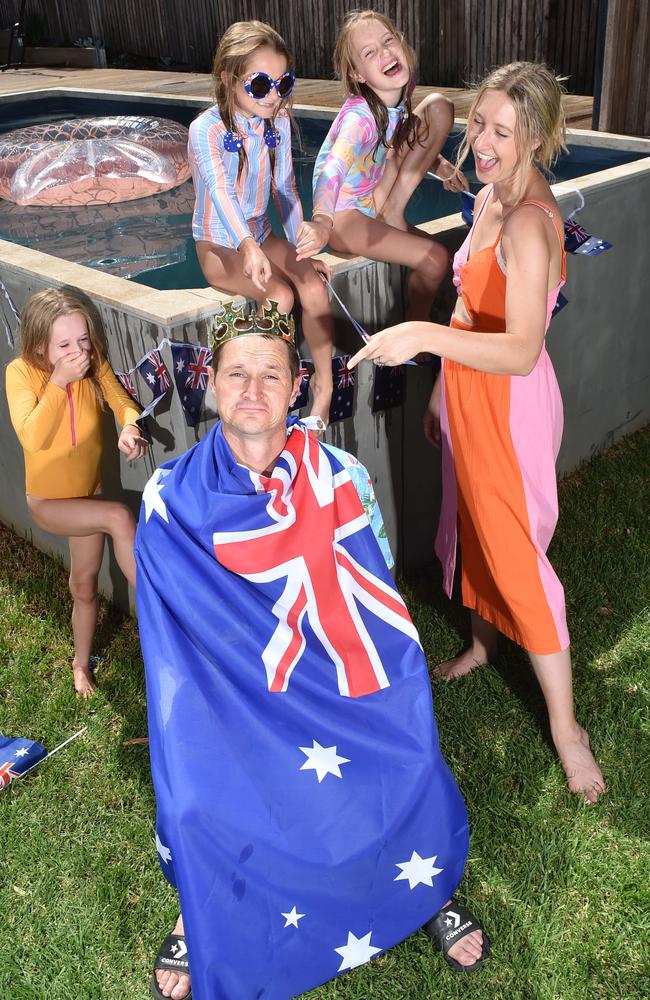
“What January 26 is, though, is a painful reminder for First Nations people of what colonisation has done and continues to do to our people. And the ongoing legacy of that can be clearly seen today in the differences in health outcomes for First Nations people, or in the fact that our kids are locked up at 17 times the rate of their non-Indigenous peers,” Ms Munn said.
The survey results showed more and more people were coming to understand what the day represented to First Nations people, Ms Munn said.
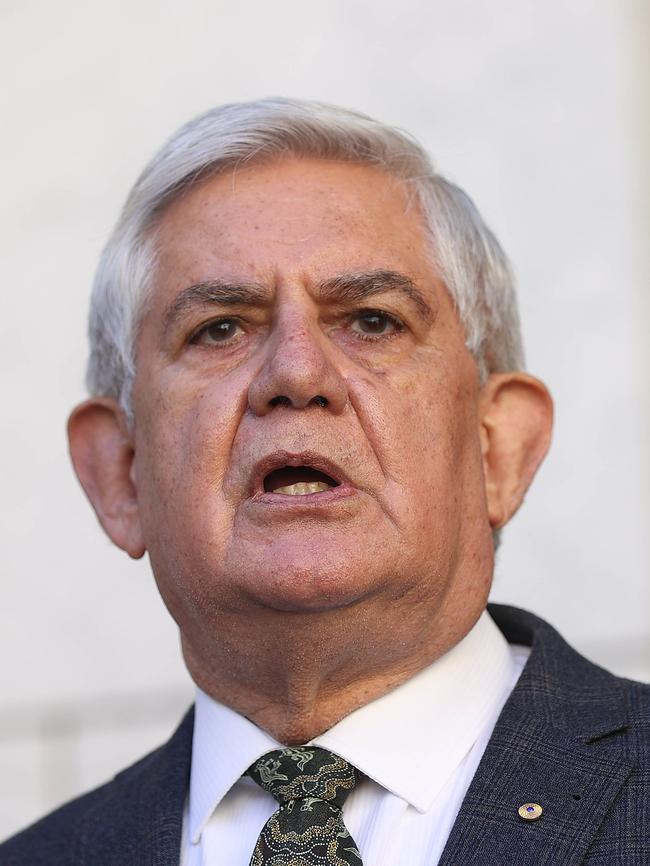

Indigenous Affairs Minister Ken Wyatt said the date of Australia Day should not change.
“Australia Day is a time for us to reflect on our past, the highs and lows, the good and the bad. It’s a time to listen to all our stories – those of our 65,000 year old indigenous culture, to the stories of our newest arrivals. And it’s a time to come together as one country and celebrate,” he said.
Support for an Australian republic was spread more evenly among the generations.
Sandy Biar, the National Director of the Australian Republic Movement, which launched an ad campaign and model for change earlier this month, said fewer than one in three people wanted to stick with the British monarchy.
“The main barrier to Australia becoming a republic is not the monarchy, but uncertainty,” he said.
“When Australians are presented with a workable, achievable alternative to the monarchy an overwhelming majority are prepared to vote for change.”
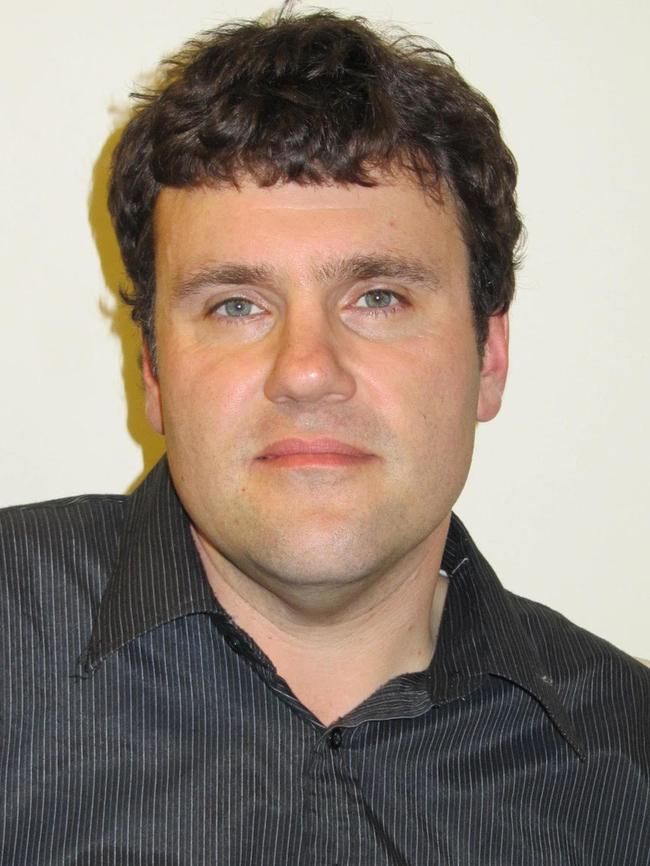
But ANU Professor of Australian History Frank Bongiorno said while there had been times in the past when a clear majority of Australians wanted a republic, the model for how it could work would continue to be a barrier.
Changes around Australia Day were more likely, but this would not necessarily mean the date would move, he said.
“There have been interesting ideas of having it over two days, in a way that would recognise its contested nature and the different historical stories from settler and indigenous perspectives; Noel Pearson is an advocate of that,” Prof Bongiorno said.
“But the idea of it going entirely I think is unlikely because it operates as a kind of summer holiday, it sits on the boundary between the Christmas/New Year holidays and people resuming ordinary life. It’s clearly going to continue to be contested, and its civic meanings may well be redesigned around that disagreement. But I don’t think that it will be just moved to another date, I think that is unlikely,” he said.
Originally published as New YouGov poll reveals new findings about Australia Day date change and republic row





